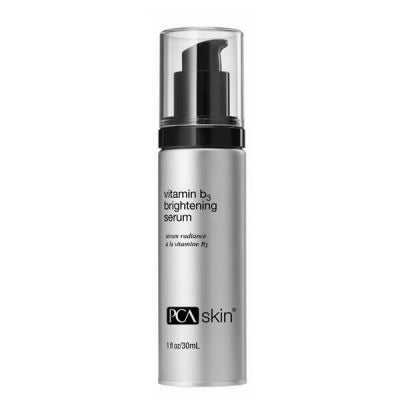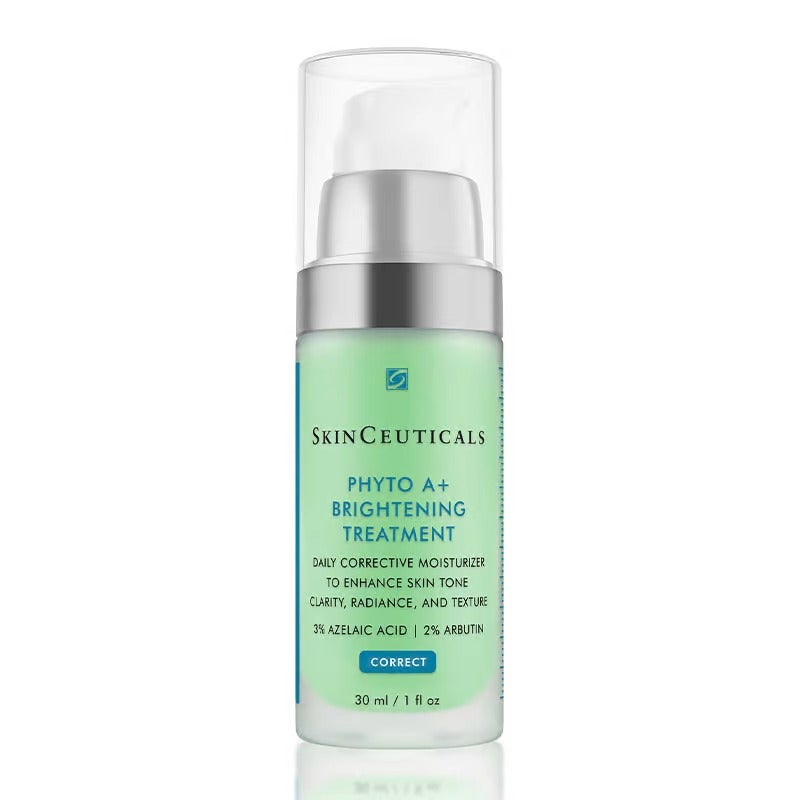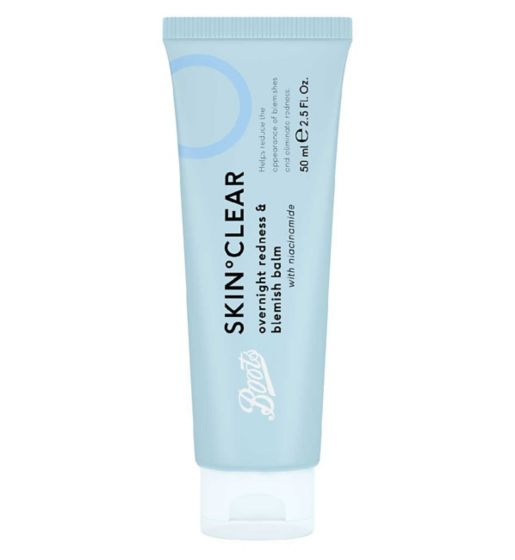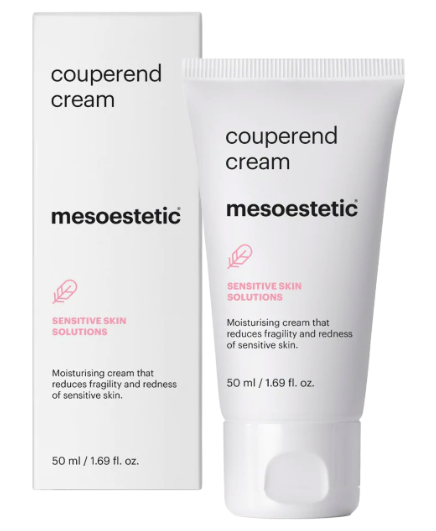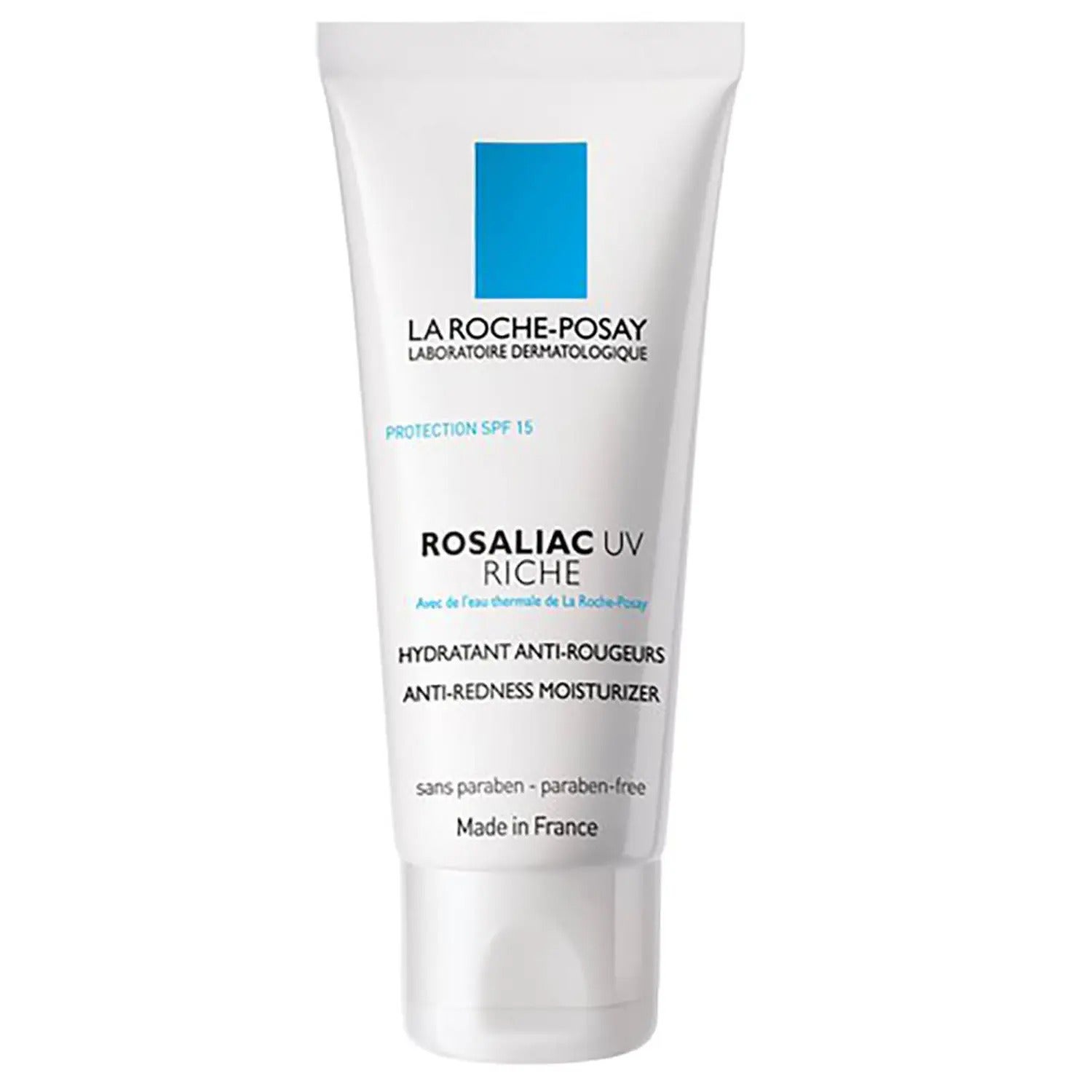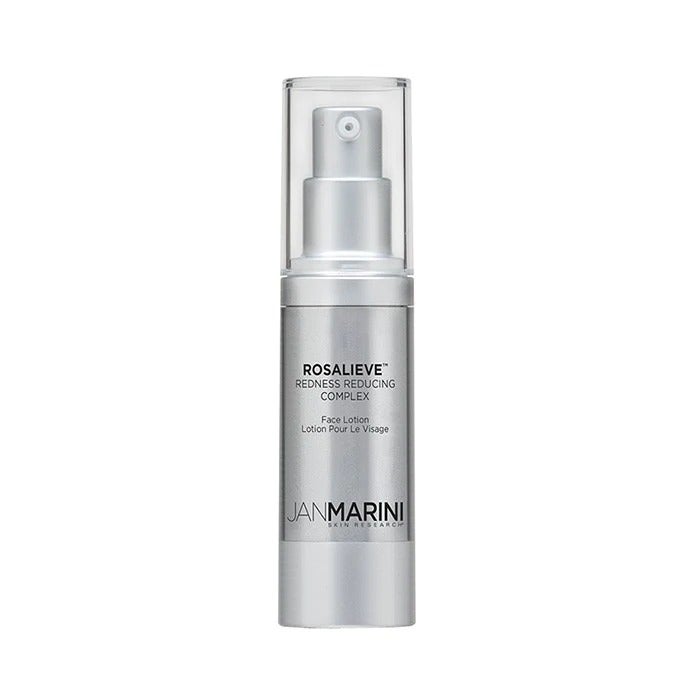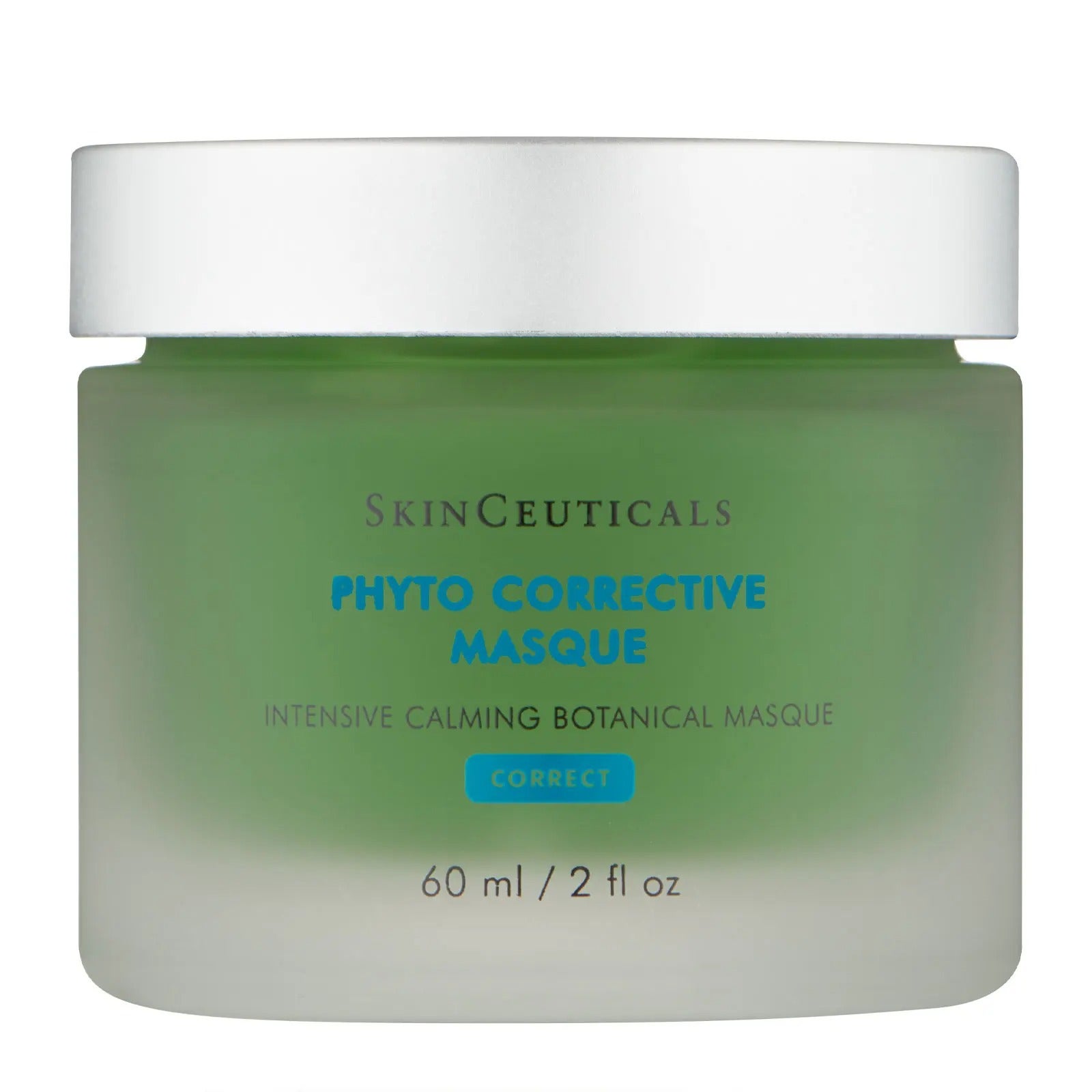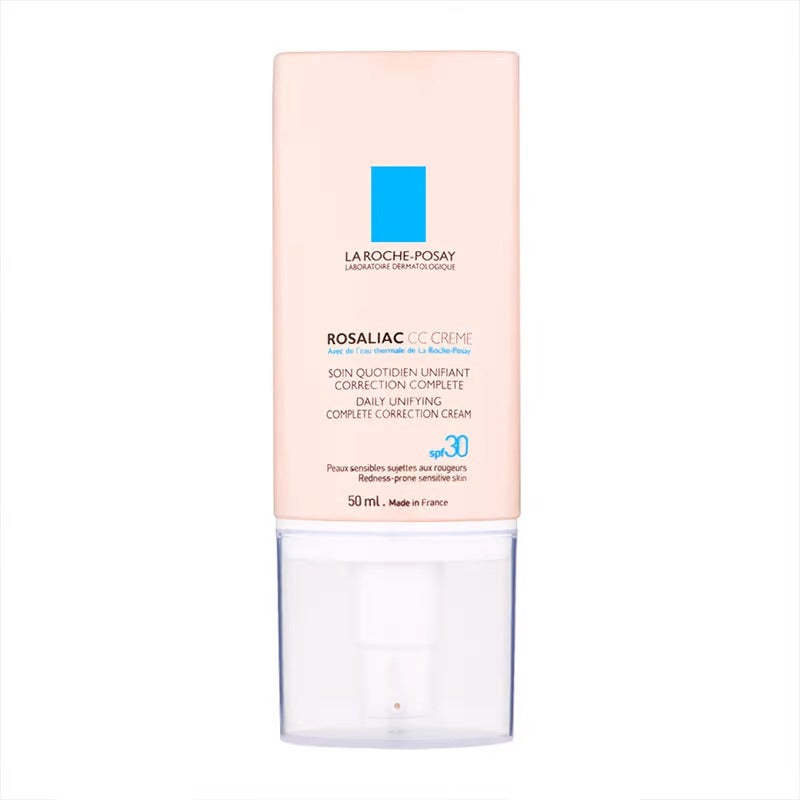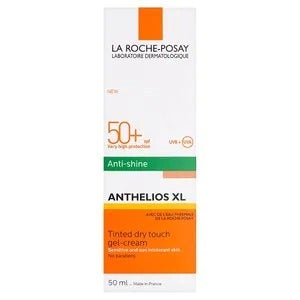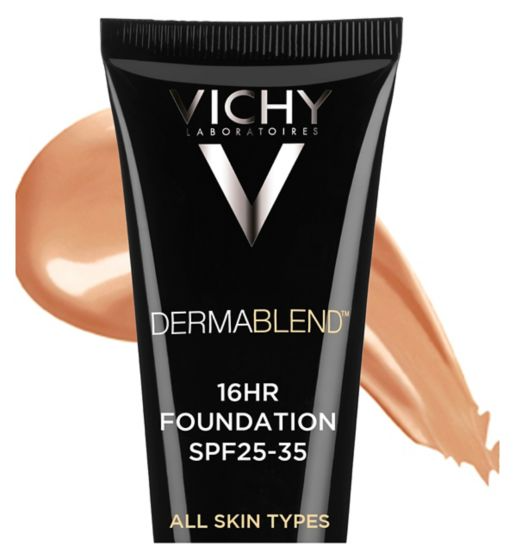With summer not too far away, you might be looking to tweak your beauty routine. The unctuous creams that saved your dry skin in winter perhaps aren't the best choice as the weather heats up and the same goes for makeup, with tinted moisturiser overtaking full-coverage foundation. This month, though, there's one particular beauty question on everyone's lips: why is my face so red and what can I do about it?
What causes facial redness?
According to Google trends, searches for anti-redness skincare are on the rise as we segue into summer. Before we get into the nitty gritty, facial redness can be totally normal and is actually very common. "Redness to the skin (medically referred to as erythema) can be caused by a vast range of skin conditions," says Dr Ana, cosmetic doctor and skincare expert. "Generally speaking, it is usually down to inflammation in the skin." The most common causes are rosacea and acne.
AdvertisementADVERTISEMENT
"A wide range of other skin conditions can also cause isolated areas of redness," continues Dr Ana, "such as eczema, perioral dermatitis [dry, irritated skin around the mouth], medication-related reactions, psoriasis, lupus, infections, skin irritation or allergic reactions. Even a temporary compromise in the skin barrier, for example, caused by over-exfoliation, can cause redness." Dr Ana says that broken capillaries can also cause isolated patches of redness on the skin.
In a recent Instagram Live, consultant dermatologist Dr Anjali Mahto said that if there is a combination of redness and visible blood vessels, consider a diagnosis such as rosacea. "This is a medical diagnosis that should be made by a GP or a dermatologist."
Are facial redness and rosacea the same thing?
"Redness and rosacea are not the same condition but can coexist," says aesthetic doctor Parisha Acharya. "Rosacea is an inflammatory condition of unknown cause, which may result in redness, flushing, bumps that resemble acne and visible blood vessels below the skin." Dr Acharya says that rosacea tends to affect women (more than men) in their 30s with fair skin or a family history. "Triggers include hot food or drinks, spicy food, alcohol, emotions and extreme weather temperatures," she adds.
Redness differs from rosacea. "Redness itself can be caused by an impaired barrier function," says Dr Acharya. "If the skin's outer layer is compromised by sun damage, over-exfoliation, inflammation or allergens, the skin can become sensitive." A reaction to a new product can cause redness, too. If this is the case, Dr Acharya suggests stripping back your skincare routine. "Search for calming, anti-inflammatory and hydrating products containing key ingredients like niacinamide, ceramides, hyaluronic acid and azelaic acid among others, and avoid irritants such as exfoliating acids, retinol and vitamin C."
AdvertisementADVERTISEMENT
How can you treat facial redness?
Since there are so many causes of facial redness, Dr Ana suggests seeing a skin doctor for a face-to-face assessment, particularly if you suffer from persistent or troublesome redness to the skin. Depending on what's causing the flushing, there are a few expert-approved skincare products you might be interested in trying.
Dr Mahto said that there is no topical skincare ingredient you can apply to get rid of broken capillaries. "If a lot of your redness is due to blood vessels, don't waste your money on expensive skincare — it won't solve the problem for you. Broken capillaries only respond to light or laser therapies. When less blood is flowing through them, they won't look as prominent," she explained.
The best redness-reducing products
The best anti-redness products for inflamed skin
"In this serum, niacinamide strengthens the skin's outer layer and reduces water loss," says Dr Acharya. "It is a potent antioxidant with anti-inflammatory and calming properties that actively improves barrier function as well as reducing redness and helping to achieve an even skin tone."
If you're on a budget, try Boots Skin Clear Overnight & Redness Blemish Balm With Niacinamide, £4. Countless reviewers praise it for reducing hot, red skin and minimising the appearance of breakouts.
AdvertisementADVERTISEMENT
"Azelaic acid has anti-inflammatory and antibacterial properties, which make it a fantastic product for those suffering with acne and rosacea, who are unable to tolerate stronger topical ingredients such as retinoids," says Dr Acharya. "It is also known to help with hyperpigmentation, too. As with any skincare product and compromised skin, start cautiously. Patch test an area and build up tolerance over time." Dr Acharya recommends following with a good, hydrating moisturiser to keep your skin barrier happy.
The best anti-redness products for sensitive skin
"This is the perfect cream for sensitive skin susceptible to redness," says Kimberley Hulme, head of clinic at Face the Future. "It helps to even out the skin's complexion and that makes it ideal for those with hypersensitive skin or rosacea. The sweet clover extract provides anti-inflammatory properties, while troxerutin improves skin tone and reduces redness. Apply both morning and night after cleansing by gently massaging the skin until absorbed."
Recommended by Dr Ana, this moisturiser (packed with moisturising glycerin) is suited to sensitive skin. It's also non-comedogenic, which means it's less likely to clog pores and cause breakouts. "Make sure to avoid any products containing fragrance or essential oils as they will likely make your skin react," says Dr Ana.
AdvertisementADVERTISEMENT
The best anti-redness products for hot flushing
"This formula provides instant relief for my own flushes," says Kimberley. "It combines azelaic acid (which has anti-inflammatory properties) and tetrapeptide-14. Together, they visibly reduce redness while comforting the skin. The oat extract and allantoin also work to soothe any irritation. Apply one to two pumps to dry skin on a daily basis to notice diminished redness."
Dr Ana recommends this speedy face mask, which reduces any hot feeling on the skin, whether that's due to sun exposure, laser treatments or even after a workout.
The best anti-redness makeup products
Dr Ana says that it can be difficult for those with facial redness to find suitable skincare and makeup products. Why? "Often people will have an element of compromise to their skin barrier and may struggle to tolerate certain ingredients." In many cases it's about trial and error, or seeking out the help of a skin specialist if you have the budget.
If you're willing to give a couple of products a go, Dr Ana recommends colour correctors or CC and BB creams to her patients who suffer from redness to the skin. There are a number of formulations out there, says Dr Ana, but she suggests looking for the non-comedogenic label and oil-free makeup. Both of these, she says, are safest for rosacea and acne-prone skin types.
AdvertisementADVERTISEMENT
In particular, Dr Ana suggests La Roche-Posay Rosaliac CC Creme, £21, La Roche-Posay Anthelios Suncream Tinted Gel SPF 50, £17.99, and the Vichy Dermablend range. R29 also rates Dr.Jart+ Cicapair™ Tiger Grass Colour Correcting Treatment, £15, a tinted cream which contains redness-reducing ingredient cica (also known as centella asiatica).
Refinery29's selection is purely editorial and independently chosen – we only feature items we love! As part of our business model we do work with affiliates; if you directly purchase something from a link on this article, we may earn a small amount of commission. Transparency is important to us at Refinery29, if you have any questions please reach out to us.
AdvertisementADVERTISEMENT







